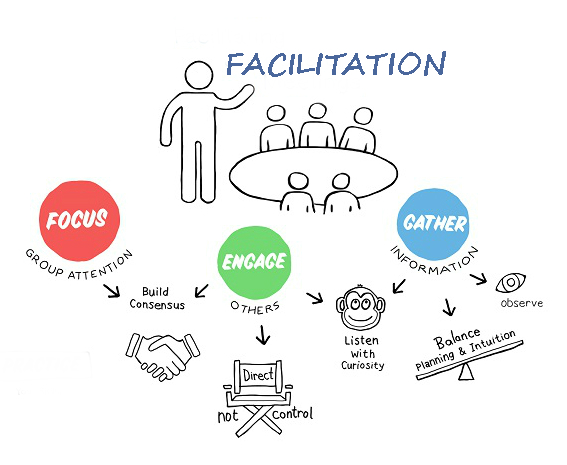 Creating a welcoming learning atmosphere that encourages community involvement and cooperation is crucial when planning orientation programmes for new arrivals to Regina. Various student-teacher and student-student interactions can enhance the educational process and encourage cultural assimilation. Let’s examine the criteria for guaranteeing the effectiveness of these encounters and how they might be put into practice.
Creating a welcoming learning atmosphere that encourages community involvement and cooperation is crucial when planning orientation programmes for new arrivals to Regina. Various student-teacher and student-student interactions can enhance the educational process and encourage cultural assimilation. Let’s examine the criteria for guaranteeing the effectiveness of these encounters and how they might be put into practice.
STUDENT INTERACTION TYPES
LMS Discussion Boards:
Discussion boards in the Learning Management System (LMS) give students a place to communicate asynchronously, participate in insightful conversations, ask questions, and exchange experiences. These forums foster peer-to-peer interactions and a feeling of community within the learning community.
Video conversations
Students and teachers can communicate in real-time through live video chats or online office hours. These interactive sessions improve student engagement and collaboration by providing individualised support, quick feedback, and in-depth conversations on course material.
Sessions with Guest Speakers
By inviting guest speakers from the neighbourhood or pertinent organisations, instructors can give students firsthand knowledge, a range of viewpoints, and useful guidance on things like integrating into the local culture, finding work, and gaining access to necessary services in Regina. These classes enhance the educational process and provide learners with connections to resources and networks of support.
Neighbourhood Tours and Field Trips:
Arranging virtual tours or field visits to nearby businesses, historical landmarks, and community organisations exposes students to the local environment and promotes cross-cultural understanding. These opportunities for experiential learning foster interpersonal relationships, the development of useful knowledge, and a stronger feeling of community involvement.
GUIDES FOR A SUCCESSFUL INTERACTION
Stated Expectations
Clearly state the intent, frequency, and standards for student interactions in your guidelines. To establish a welcoming learning environment, promote polite conversation, engaged engagement, and helpful criticism.
Organising Questions for Discussion
To encourage thoughtful discussions and critical thinking, provide structured discussion starters that are in line with the goals of the course and actual situations. Motivate pupils to investigate other viewpoints and actively participate in the course material.
Facilitation by the instructor
Engage in lively debates, offer prompt comments, and encourage deep connections among students. Dispel myths, promote inclusive engagement, and recognise the importance of various perspectives to enhance the educational process.
Peer Criticism and Introspection
To encourage group learning and self-awareness, include chances for peer feedback and reflection. Students should be encouraged to assess their work, consider what they have learned, and pinpoint areas where they may improve.
Evaluation of Interaction Quality
Evaluation criteria for student interactions include involvement with peers’ views, depth of analysis, and relevance. Give pupils helpful criticism to help them improve their social skills and create a welcoming learning environment.
Orientation seminars for immigrants in Regina can establish inclusive learning environments that foster cultural integration, collaboration, and empowerment by incorporating various modes of student interaction and enacting efficacious norms. These workshops are vital to the successful adaptation and integration of students into the Regina community because they provide meaningful relationships and encourage student engagement.
What a fabulous initiative on many levels. Congratulations on all your hard work. I am looking forward to exploring your modules
Thanks, Crystal! All done.
I love that you have put so much thought into different types of interactions, and what will make those interactions successful. I think this will work well for your course. Well done!
Thank you for the feedback, Lauren!
Hi Olajide,
I really enjoyed learning about the diverse strategies you’re implementing in your course to foster student interaction. You have fantastic ideas!! As well, the guidelines for succesfull student interactions are great! I have never thought about incorporating such expecations into my course.
Hi Leanne…sometimes these strategies are determined by the context and student age group.
Apologies, I missed all the messages earlier.